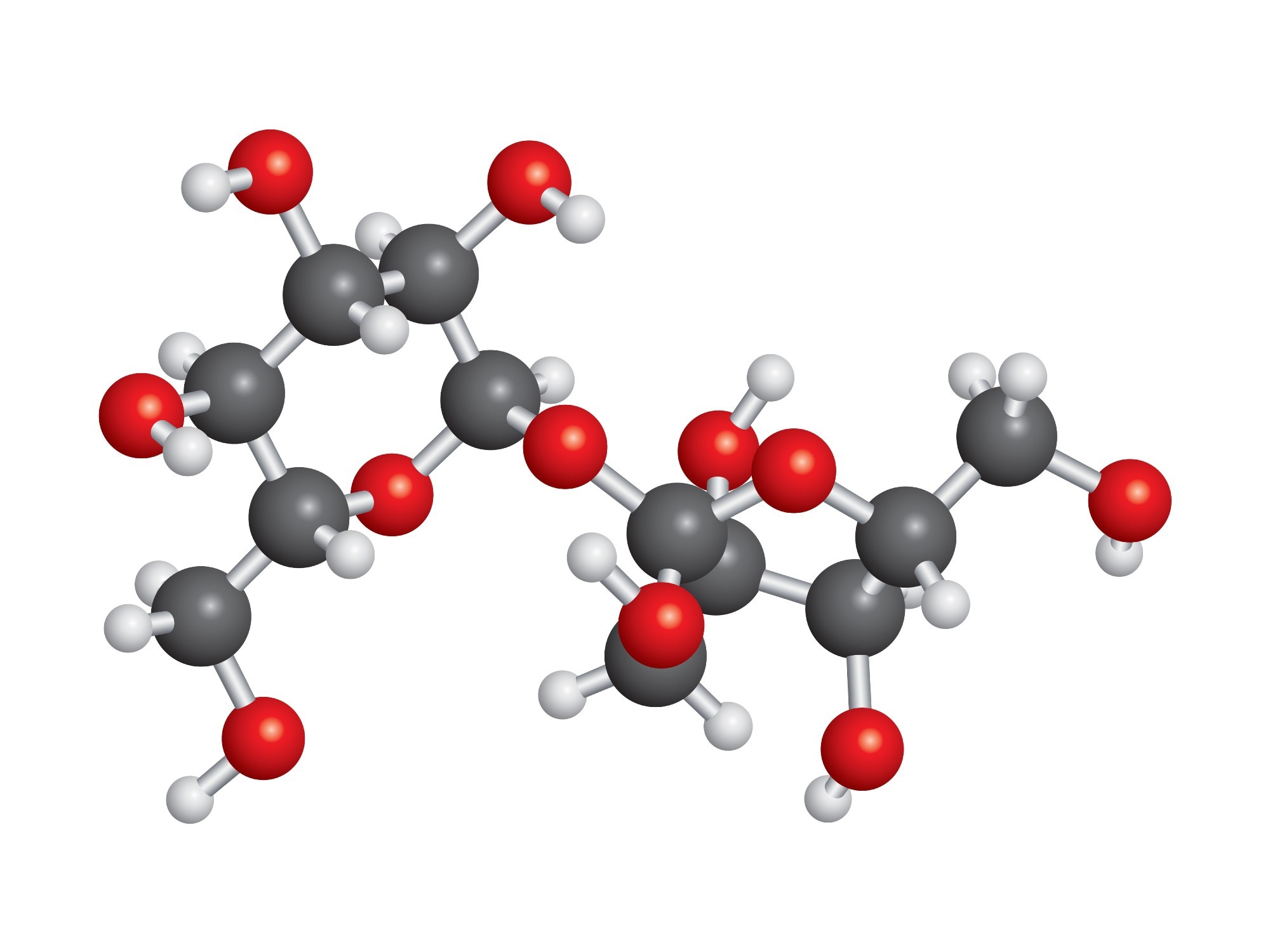Latest Developments in Polymers: Cutting-Edge Innovation
Discovering the Varied Applications and Advantages of Polymers in Different Industries
Polymers, with their diverse range of properties and functionalities, have actually come to be important in various industries, each gaining unique benefits from their application. Polymers. From improving safety and performance in the automobile market to revolutionizing medical devices in the medical care industry, polymers play a critical function. In addition, their environmentally friendly nature is altering the landscape of sustainability methods. As we explore the depths of polymers in electronic devices, we discover cutting-edge developments, while their structural integrity transforms the realm of construction and framework. The pervasive influence of polymers throughout industries is a testimony to their flexibility and flexibility, forming the future of numerous industries.
Automotive Market Applications
Polymers play a crucial duty in improving the efficiency and sturdiness of various parts within the auto field. One famous use of polymers in the vehicle industry is in the manufacturing of lightweight elements.

Healthcare Market Benefits
In various healthcare applications, the benefits of utilizing polymers are extensively acknowledged for their varied range of advantageous homes. Polymers play a crucial function in the healthcare sector because of their flexibility, biocompatibility, and cost-effectiveness. Among the main benefits of polymers in healthcare is their ability to be tailored to certain demands, such as versatility, durability, and biodegradability, making them optimal for a vast array of clinical applications.
Polymer-based materials are extensively made use of in medical gadgets, such as catheters, implants, prosthetics, and drug delivery systems, due to their biocompatibility and capability to resemble all-natural tissues. These products can minimize the risk of allergies or rejections, enhancing individual safety and security and end results. Furthermore, polymers are light-weight, making them ideal for wearable clinical gadgets and guaranteeing client comfort.
Furthermore, polymers make it possible for the advancement of cutting-edge treatment approaches, such as hydrogels for cells design and nanocomposites for targeted medication delivery. Their ease of handling and sterilization makes them important for keeping high criteria of hygiene in medical care settings. Generally, the diverse advantages of polymers contribute significantly to improvements in medical innovation and person treatment.
Environmental Advantages of Polymers

Moreover, polymers can add to energy cost savings due to their light-weight nature. In industries such as transportation, lightweight polymer products can help in reducing fuel intake and greenhouse gas discharges. Additionally, polymers can make it possible for the advancement of energy-efficient items such as insulation materials that improve energy preservation in structures.
Furthermore, polymers play an essential function in reducing water pollution. The usage of polymer-based filtering systems can properly remove toxins and pollutants from wastewater, protecting water sources and communities. Overall, the ecological advantages of polymers make them useful possessions in promoting sustainability and environmentally friendly practices across various industries.
Polymers in Electronics and Innovation
Considering the boosting need for ingenious and lasting remedies in contemporary markets, the combination of innovative polymer technologies in the world of electronic devices and modern technology has emerged as a critical strategy for driving effectiveness and efficiency. Polymers have actually changed the electronic devices industry by allowing the production of lighter, extra adaptable, and resilient electronic devices. From smart devices to clinical devices, polymers play an important role in enhancing item layout and functionality.
One substantial advantage of polymers in electronic devices is their insulating homes, which assist shield fragile electronic elements from environmental factors and electrical interference. Furthermore, polymers are important in the advancement of versatile displays, wearable innovation, and printed electronics, providing unlimited opportunities for creating clever and interconnected devices.
Moreover, the usage of polymers in digital packaging has caused advancements in miniaturization and thermal monitoring, improving the total performance and integrity of electronic systems. As innovation remains to develop, the adaptability and versatility of polymers will certainly drive better innovation in the electronic devices market, forming the future of innovation.
Duty of Polymers in Building and Framework
The assimilation of advanced polymer materials in construction and facilities jobs has transformed the way frameworks are created and Web Site integrated in modern times. Polymers supply countless benefits in the building sector because of their flexibility, longevity, and cost-effectiveness. One essential duty of polymers in building is their usage in finishings and sealers, supplying protection versus ecological aspects such as dampness, UV radiation, and corrosion. Furthermore, polymers are made use of in the manufacturing of lightweight and high-strength composite materials, improving the structural stability of buildings while decreasing overall weight.
Additionally, polymers play a crucial function in lasting building techniques by allowing the growth of energy-efficient structures. Shielding materials made from polymers aid regulate interior temperature levels, reducing the need for home heating and cooling down systems and eventually reducing power intake - anchor Polymers.
Conclusion
To conclude, polymers play an essential duty in numerous industries such as automotive, health care, environmental, electronic devices, and construction. Their flexible properties make them valuable in producing ingenious remedies and products. From enhancing fuel performance in cars to enhancing medical tools, polymers offer numerous benefits. Additionally, their influence on decreasing waste and promoting sustainability highlights their value in contemporary applications. The widespread usage of polymers demonstrates their considerable contribution to advancing innovation and improving lifestyle.